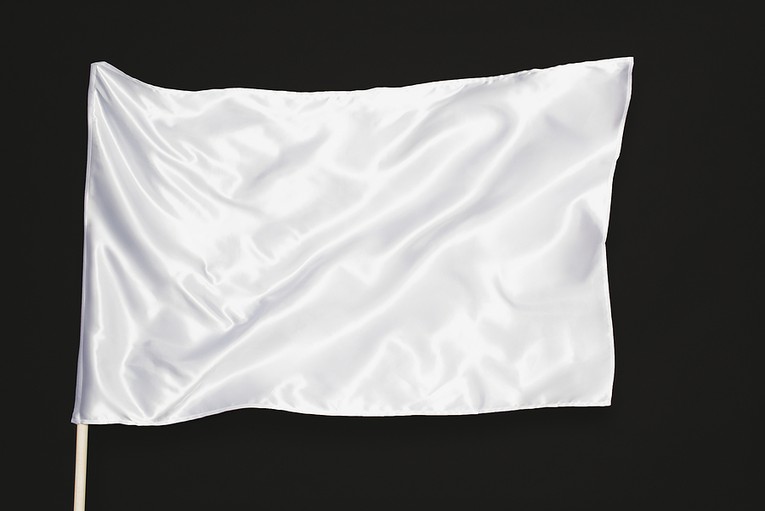 The International Olympic Committee (IOC) has hinted that Russia could be welcomed back into world athletics in time for the 2024 Olympic Games – sparking an almighty backlash.
The International Olympic Committee (IOC) has hinted that Russia could be welcomed back into world athletics in time for the 2024 Olympic Games – sparking an almighty backlash.
The governing body has claimed that they would ‘explore a pathway’ and be willing to allow athletes from both Russia and their ally Belarus to compete as ‘neutrals’ – provoking an outcry from Ukraine and even the UK government.
However, the IOC has stated that individuals that have publicly supported Russia’s invasion of Ukraine will not be welcome in Paris next year.
With the bloodshed in Eastern Europe showing no signs of stopping, many are confused as to why the IOC will allow the previously-sanctioned countries to return at one of the world’s flagship sporting occasions. Russia have been banned from competing in numerous sports following their war effort, with many of those disciplines falling under the Olympic banner.
The foreign minister for Ukraine, Dmytro Kuleba, was understandably apoplectic about the news.
“IOC has been disregarding Russian war crimes, claiming that ‘no athlete should be prevented from competing just because of their passport’, while Ukrainian athletes continue to be killed by Russia because of their passports,” he said.
“I urge all sports figures to make their stance known.”
The Ukraine withdrew their competitors from an Olympic judo qualifier in 2022 in which Russians were allowed to participate, with fears that they many announce a wholesale boycott if Russia’s privileges aren’t renounced.
The UK culture secretary, Michelle Donelan, has said the government will ‘strongly condemn any action’ that appears to legitimise the war, commenting:
“This position from the IOC is a world away from the reality of war being felt by the Ukrainian people – and IOC President Bach’s own words less than a year ago, where he strongly condemned Russia for breaking the Olympic truce and urged it to ‘give peace a chance’.”
The situation has been complicated further by the revelation that Russia have been invited to compete at the Asian Games, a continent with whom they retain many strong diplomatic ties.
Athletes that perform well at the Asian Games typically qualify for the Olympics, so the IOC has something of a conundrum to solve with the clock ticking on the opening ceremony in Paris on July 26, 2024.
No Man’s Land

Traditionally, when athletes compete at the Olympic Games under the ‘neutral’ umbrella they are able to win medals, however neither their country’s flag or national anthem will be played at the subsequent ceremony.
Russia has been subjected to sanctions at the most recent editions of both the summer and winter Olympics after the World Anti-Doping Agency (WADA) unveiled a state-sponsored programme of cheating in the country.
Russian athletes were instead forced to compete under the name ‘Olympic Athlete from Russia’ or ROC (Russian Olympic Committee). The Olympic flag was also displayed at medal ceremonies instead of the Russian emblem.
A similar scenario played out when Yugoslavia crumbled in the civil war of the early 1990s. At the Barcelona Olympics in 1992, Yugoslavians were banned from team sports but were allowed to compete in individual disciplines as ‘Independent Olympic Participants’.
